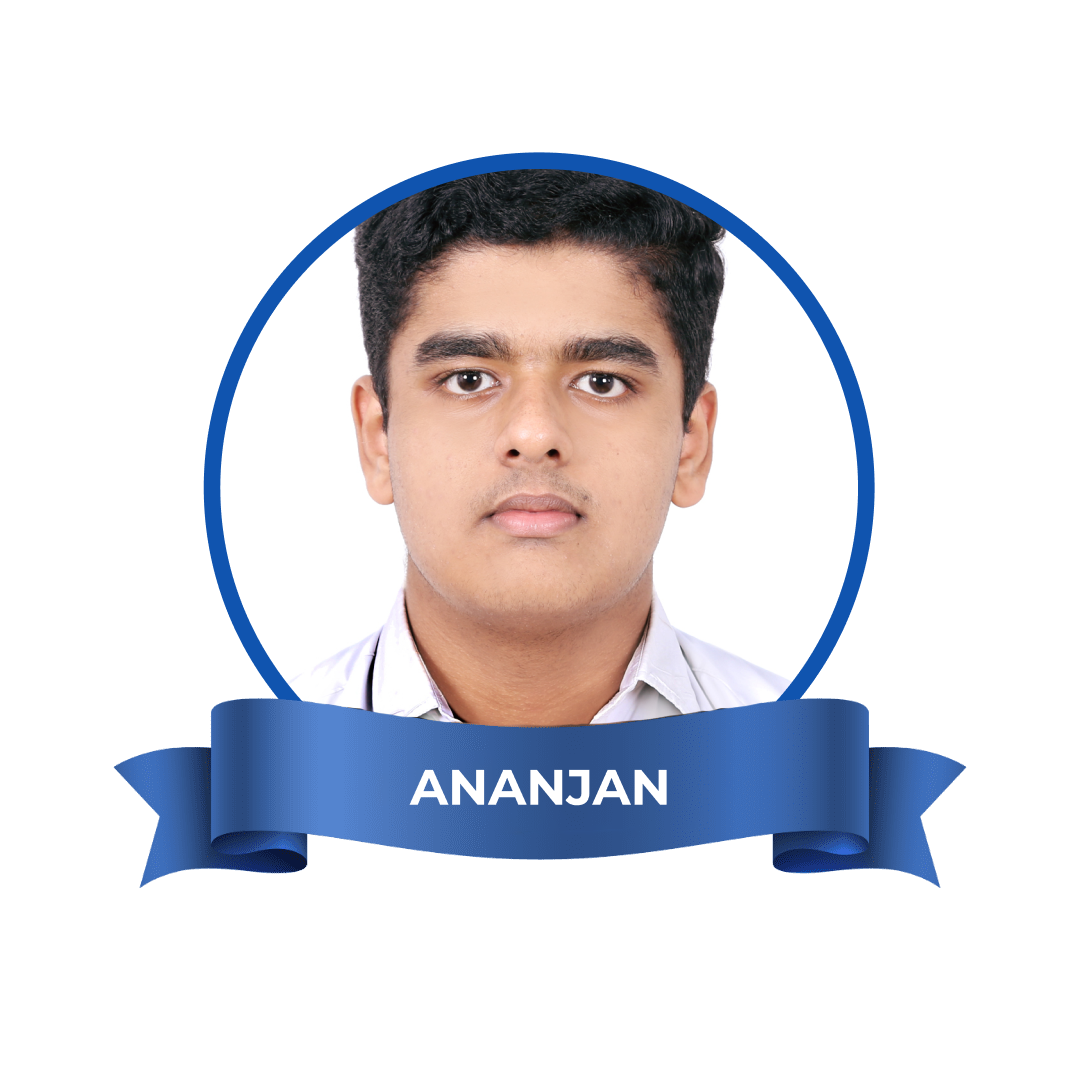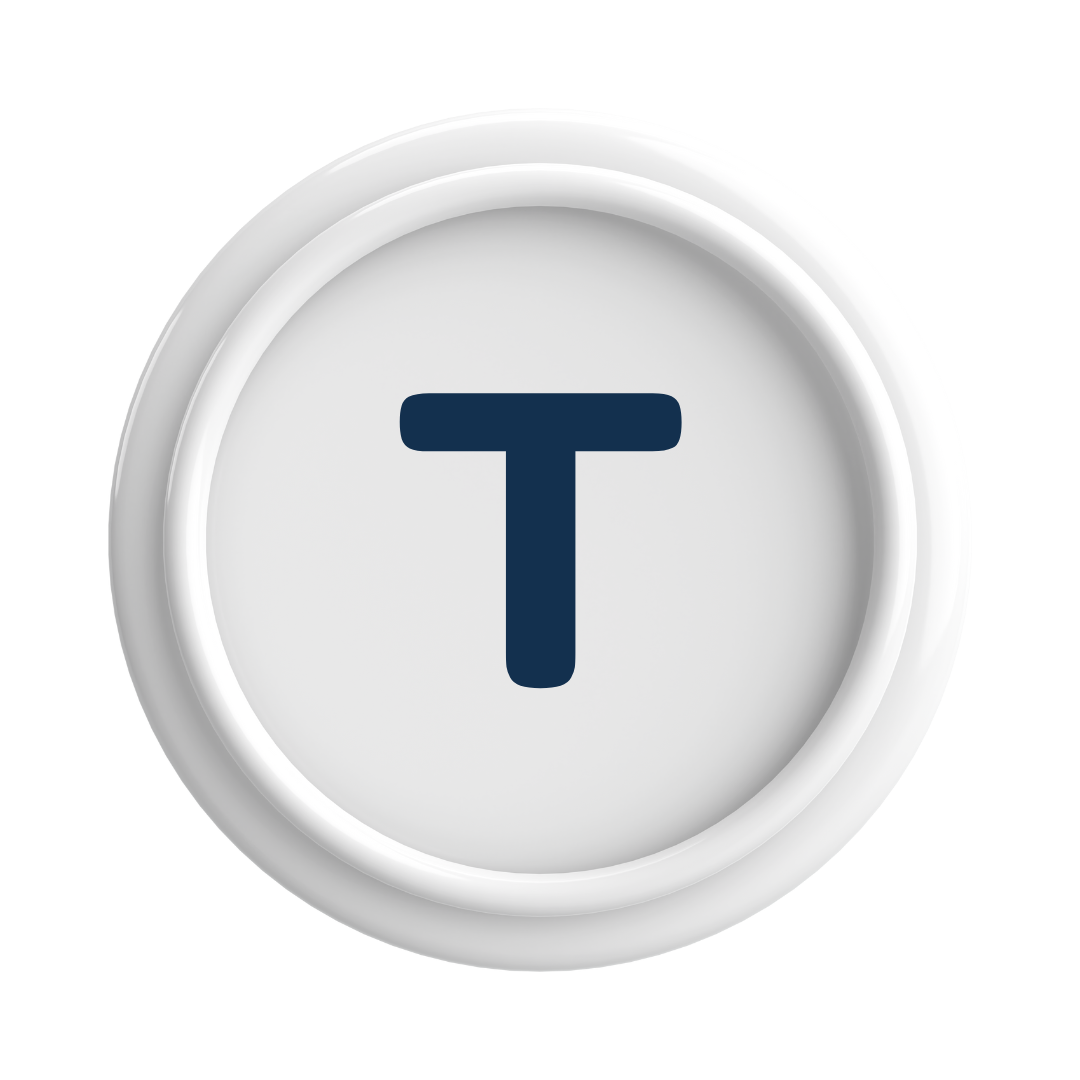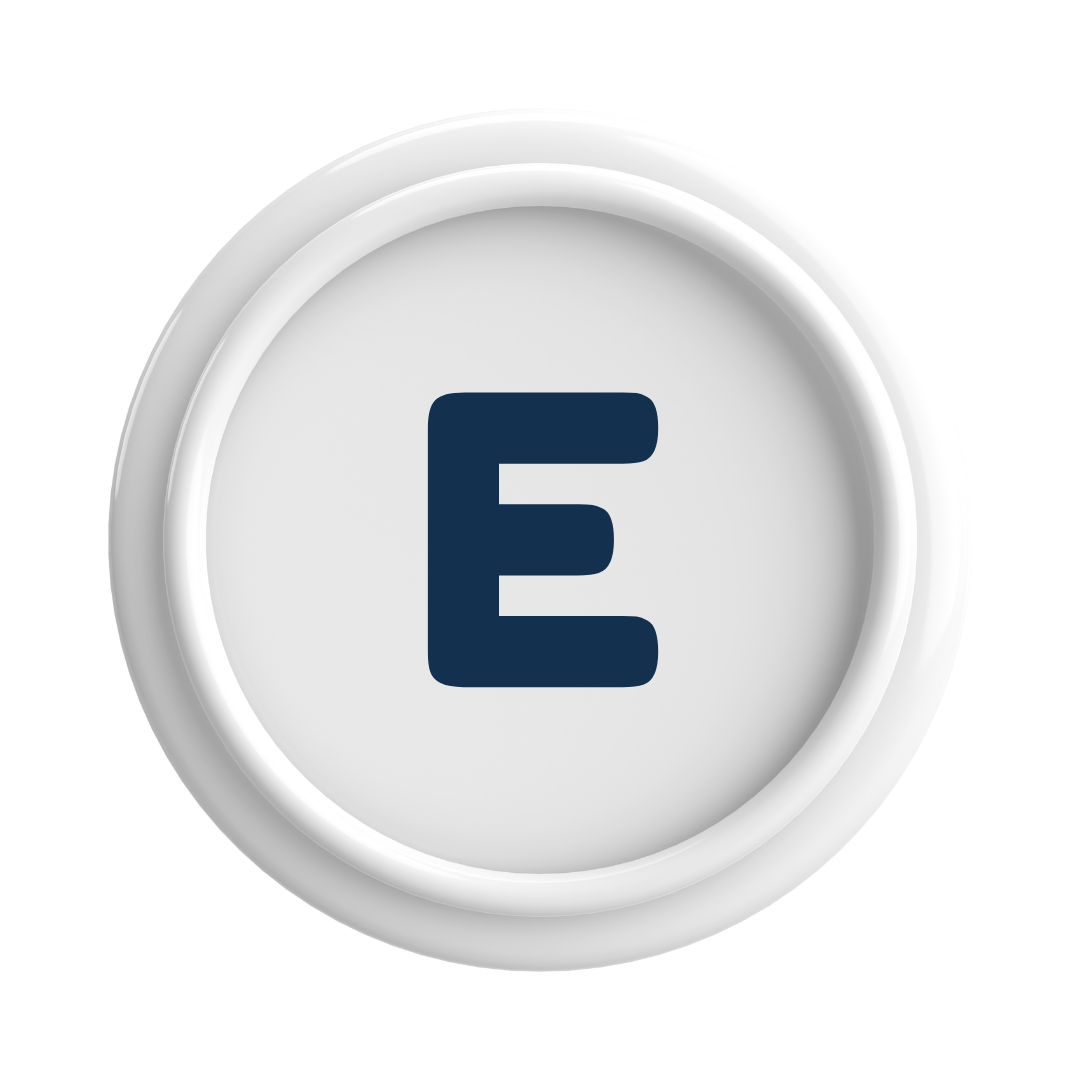IB MYP Physics Tutors
Running on fumes, no longer!
check out our results
Request Free Trial Class
Efficiency is the name of the game
Secure your child’s future at Tychr.
Welcome to IB-MYP Physics online tutoring, where our strategy focuses on criteria-based assessment. Students explore Criterion A by applying scientific knowledge, Criterion B through hypothesis crafting and safe investigations, Criterion C covering data collection, processing, and evaluation of experiments conducted , and Criterion D applying science practically and using scientific language. Join us for a Physics journey with a core emphasis on mastering these criteria for success.
Power through the course with us!
Our team of tutors is profesional yet has creative ways of teaching, together the tutor and student can create a whole customized way of learning.

- The physics aim is aligned with one of the four equally weighted evaluation factors. There are eight distinct achievement levels (1–8) for each criterion, which are separated into four bands with different descriptors that teachers can use to assess students' work.
- Criterion A: Awareness and comprehension Criteria B: Researching and creating Pupils acquire both practical and academic skills. Criteria C: Analysing and assessing Criteria D: Contemplating the applications of science
- We at TYCHR train the students through our IB MYP dedicated Physics tutors to crack the paper in alignment with IB-MYP Physics e-Asssessment criterias.
Our Proven T.E.S.T. Methodology
Like all our online tuition, IBMYP Physics Tutors follows our proven T.E.S.T. Methodology. For the IBMYP Physics Tutors, this Means:

Theoretical Framework
In the International Baccalaureate Diploma Programme (IBDP), students participate in a challenging academic experience led by experienced IBDP educators. These educators provide individualised instruction in small group settings, with a maximum of five students per session. Participants have access to a wide range of high-quality educational resources covering various subjects.

Explanatory Videos
After learning the basics, students are shown a specific collection of instructional videos. These videos are meant to help them master the foundational concepts and understand the curriculum better.

Strengthening Concepts
Students reinforce their understanding through specific assignments and receive personalized mentorship to address any questions. Tychr facilitates collaborative brainstorming sessions with educators and students worldwide to support learners in their Extended Essay and Theory of Knowledge (TOK) projects.

Time-Bound Test Series
As part of the learning process, students are given timed assessments that simulate actual exams. They will receive evaluated answer scripts and a detailed key for each test. Tychr's analytical feedback provides a comparative performance metric, allowing students to see how they rank among their international peers.
Request Free Trial Class
- Our innovative classes, organized by top-notch IB tutors, prioritize making learning fun while ensuring it remains effective and aligned with IBMYP Physics requirements.
- TYCHR's tutors specialize in breaking down intricate physics concepts into simpler, digestible steps, enhancing students' understanding and retention.
- We enrich learning by incorporating real-life situations and practical experiences into our teaching, providing context and relevance to IBMYP Physics concepts.
How It Works?
Follow the well-grounded 6 step process to uncontested success


Ride the waves with us!

Flexible Learning Environment
At TYCHR, we prioritize a flexible study setting, allowing students to tailor their learning environment to suit their needs.

Innovative Teaching Methodology
Experience education like never before with our unique teaching methodology at TYCHR, designed to engage and inspire.

Expert Guidance
Benefit from the guidance of seasoned subject experts at TYCHR, ensuring a deep understanding of the material.

Comprehensive Curriculum Coverage
Choose TYCHR for the most comprehensive classes, covering all aspects of the curriculum for a well-rounded education.

Current and Relevant Resources
Stay ahead with TYCHR's commitment to providing the latest and most relevant resources, keeping your education current.

Dedicated Professional Faculty
Our faculty at TYCHR comprises highly qualified professionals dedicated to fostering a conducive learning environment.
FAQs – IB Tuition Classes
A few frequently asked questions
The International Baccalaureate Organization (IBO) was founded in 1968 in Geneva, Switzerland. It is a non-profit organization.
The three IB programs are:
PYP – Primary Years Program for 3-12 years old (Kindergarten to Class 5)
MYP – Middle Years Program for 11-16 years old (Class 6 to Class 10)
DP – Diploma Program for 16-19 years old (Class 11 and Class 12)
Each IB subject is assessed on a scale of 1 – 7 with a score of 4 considered a “passing grade”. The core components make upto 3 points of the final grade. The maximum score is 45.
The IBDP is a two year long rigorous programmed that tests and develops various abilities and skills. It allows for personal growth, academic development and critical thinking. The IBDP improves international awareness, organization skills, creativity and much more. The board is also internationally recognized, thus opening up a multitude of opportunities.
Maths Analysis & Approaches is one of the most challenging IB subjects, requiring a strong foundation in mathematical concepts and the ability to think critically and analytically.
In the US, certain universities do provide credit for certain subjects depending on how relevant they are to your course. However, this depends on each university.
After the IB, most students pursue higher education. As the IB is globally recognized, it gives students an upper hand when applying to colleges, given that the student has performed well. Alternative to higher education, students may also engage in tutoring other IB students, take a gap year, pursue a hobby and discover their interests. It is upto each student to decide what they want to do after they complete the IB.
The IBDP (International Baccalaureate Diploma Programme) is a rigorous two-year programme for students aged 16-19 years.
There are three core elements and six subject groups in the IBDP curriculum.
Group 1: Studies in Language and Literature
Group 2: Language Acquisition – Second Language
Group 3: Individuals and Societies
Group 4: Sciences
Group 5: Mathematics
Group 6: Arts
Additionally, IBDP also includes the CAS (Creativity, Action and Service) programme, TOK (Theory of Knowledge) and EE (Extended Essay).
The core components in the IBDP include CAS (Creativity, Action and Service), TOK (Theory of Knowledge) and EE (Extended Essay). This adds upto 3 points in your final grade.
Students can take the admission exam for undergraduate because the IB Diploma Program is recognized by all Indian colleges. Because most entrance exams are held in April/May, and the IB exams are also held in May, students must balance their preparation for the entrance exams with the May IB Diploma Programme examinations.







